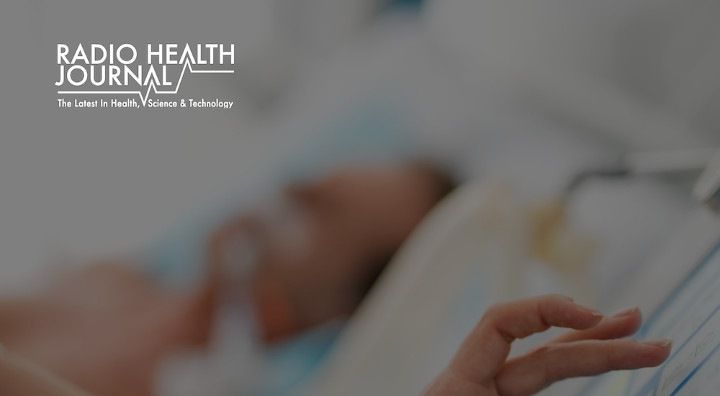We all tell a ‘white lie’ every now and then. Most of the time the motive is to be more polite or friendly. This is what Matthew Lupoli, social scientist at University of California, refers to as a prosocial lie. A recent study by Lupoli concluded that compassion plays a large role in prosocial lying. When it came to giving feedback to others, subjects feeling compassion were more likely to tell a prosocial lie and the extent to which they lie increased. Lupoli adds that there are situations where prosocial lying can cause damage. Sometimes people need to hear honest criticism to improve.
Lupoli also asserts that people weigh honesty and kindness when making the decision of whether or not to lie. Another factor is the potential uncomfortableness of being completely honest, as well as the cost of getting caught in a lie.
Dr. Paul Eckman, Professor Emeritus of Psychology at the University of California San Francisco, says most people aren’t very good at recognizing lies, partially because they don’t want to go through the conflict of exposing a lie. In addition, Dr. Eckman asserts that in many situations people don’t really want to know the truth. He offers the example of a teenage son lying about not using drugs. Most parents don’t want to believe their kids are using drugs, so it’s easy to convince themselves it’s true.
Dr. Eckman also explains micro-facial expressions, very brief expression that occur when feeling a strong emotion. When it comes to detecting lies, he says polygraphs are about as successful as blind chance, but by observing micro-facial expressions, Dr. Eckman boasts a 95% success rate.
Guest Information:
- Matthew Lupoli, social scientists, University of California, San Diego
- Dr. Paul Ekman, Professor Emeritus of Psychology, University of California, San Francisco











Leave a Reply